We hebben tot vier hanen en vijftien hennen gehad. Zijn sindsdien verkleind sinds de verhuizing naar de stad, maar hebben nog steeds een paar kippen.
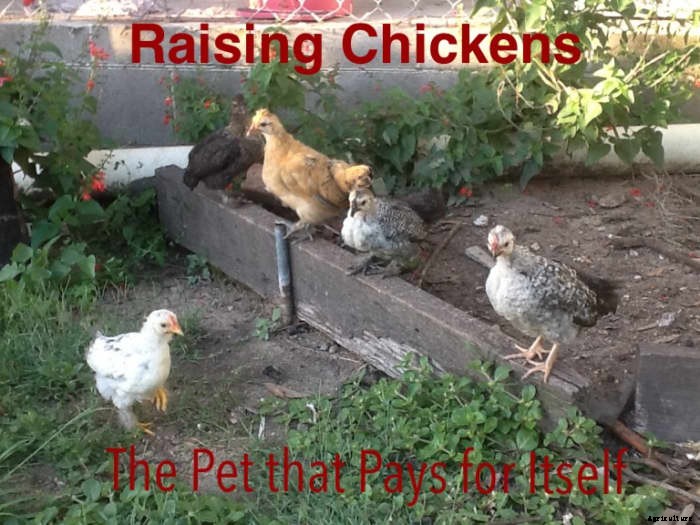
Huisdieren zijn geweldig en de meesten van ons zijn opgegroeid met katten, honden, cavia's/hamsters, misschien wat vis - of, als je in het land woont, zelfs een paard. Ze bieden gezelschap, amusement, en onvoorwaardelijke liefde, en ze helpen bij het aanleren van verantwoordelijkheid.
Ik heb huisdieren in de een of andere vorm gehad zolang ik me kan herinneren. De eerste huisdieren die mijn familie had, waren een hond genaamd Skipper en een Galah-papegaai genaamd Cocky. Huisdieren komen en gaan, maar er is geen moment in mijn jeugd waarin we niet minstens één dier in het huishouden hadden.
Echter, huisdieren bezitten, hoewel zeer bevredigend, kan ook duur zijn. De eerste aankoop van honden en katten (vooral als ze raszuiver zijn) kan behoorlijk onbetaalbaar zijn, vooral als dit hun immunisatieschoten enz. omvat. Dan, Daarbovenop, er kunnen andere dierenartsrekeningen zijn zoals geslachtsbepaling (vooral belangrijk voor katten als u niet snel een huis vol wilt hebben), gezondheidsproblemen, verwondingen enz.
een huisdier, echter, die relatief goedkoop is om te kopen en in de voortdurende zorg is de eenvoudige kip (vuile, gevogelte, chook - afhankelijk van waar je vandaan komt). Prijzen kunnen variëren afhankelijk van of u eendagskuikens koopt, punt van leg jonge hennen, of hanen en of je ze bij een groentewinkel of bij een fokker koopt. Het specifieke ras zelf kan ook een bepalende factor zijn.
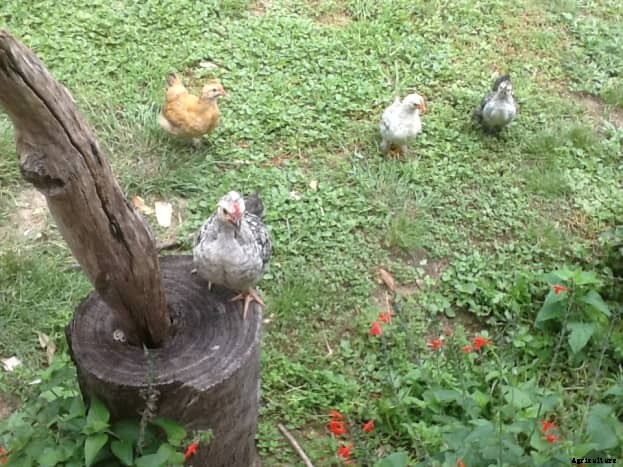





De bescheiden kip is een lief huisdier.
1 / 5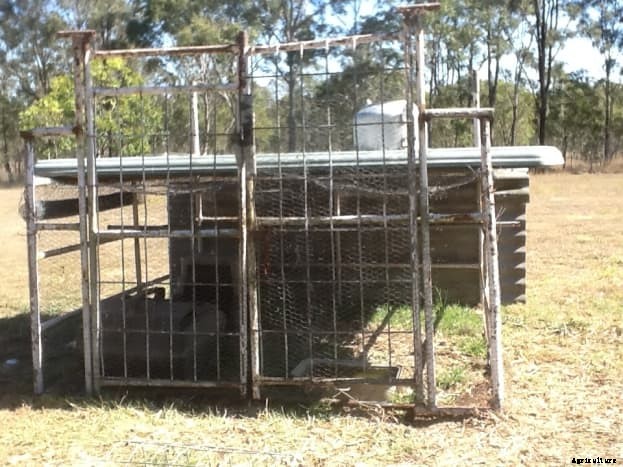





Pen suitable for newborn chicks
1 / 5After this initial set-up, you are ready to go as a chicken farmer or, as I call myself, a “cackleberry farmer.” It may take the chickens a week or two to settle in, and I recommend keeping them caged for this period. After that you can start letting them out to free range during the day, or if you have a portable coop just move it around.
Soon you will be pleasantly rewarded when the hens commence laying for you, and you will find that the value you get in eggs will soon pay for and exceed your initial setup costs and also more than cover the ongoing price of chicken food. We are currently getting on average six eggs a day from six hen's of laying age so every one is paying its way. This is more eggs than we can eat so when we accumulate more than three dozen we start giving them away or selling some cheaply to friends.
Before you do this, echter, I advise to check your state or country regulations regarding the sale of homegrown eggs. In some places it is now illegal to sell "back yard" eggs due to health concerns. Though you are allowed personal consumption of the eggs your hen's produce, and I have heard of more people suffering food poisoning from eggs and chickens served at restaurants, fast food outlets and the like than from backyard farmers.
No longer will you have to throw food scraps in the trash as chickens will eat almost anything (apart from onion and citrus fruit skins). Basically whatever your dogs and cats won't eat, and you don't recycle into compost, will be eagerly devoured.
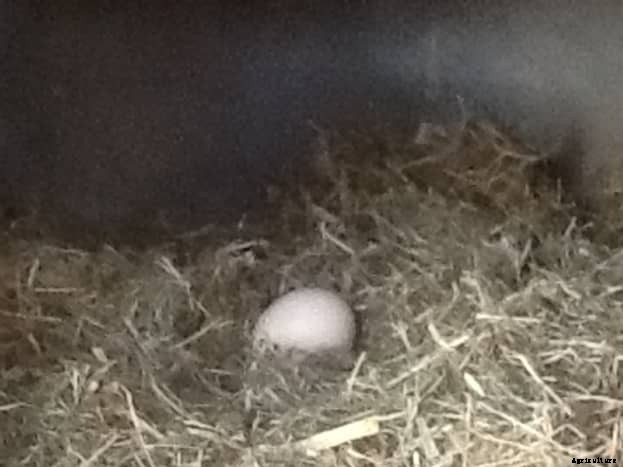




If you do have a rooster and some bantam hens, you will find that you regularly have a hen going broody (clucky) and sitting on a nest of eggs. In around 21 days (a typical incubation period), you should be the proud owner of a new batch of chicks.
Bear in mind it is unlikely that all eggs will hatch (usually between 50-75% success rate). Sometimes the hens will try to sit on more eggs than they can accommodate.
When the chickens finally hatch, I usually leave them in the cage for at least five weeks, until they are big enough to risk releasing to face the big bad world and hopefully fend for themselves. By this time the mother hen may also have lost interest in caring for them.
It will probably take at least this long for you to find out if they are hens or roosters. Ideally it is recommended you have no more than one rooster per 10 hens, but we have four roosters and only fifteen hens at the moment and they are all happy. Our roosters have grown up together and have never fought yet.
If you do find yourself with too many roosters you have a couple of choices. Turn the odd one into the Sunday roast (if you have the stomach for killing, plucking and gutting), or try to sell or give them away.
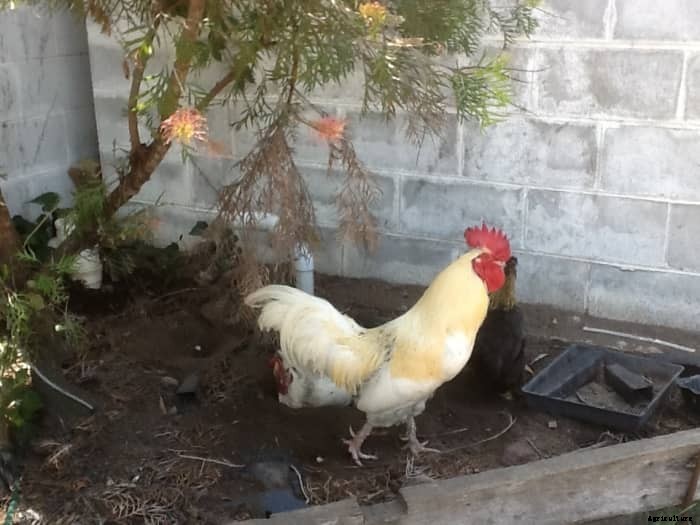
Although chickens are often thought of as just a farm animal and may not be considered the conventional pet, I find they can be exactly that. If you feed and interact with them from the time they hatch they can become very tame. They are more intelligent than many people give them credit for; they have individual personalities and are good entertainment value. Give them each names to suit their personality (as long as you don’t intend eating them. Never name your food!) We have one hen that is so tame it regularly comes inside the house to lay an egg, so we don’t even have to go hunting for it.